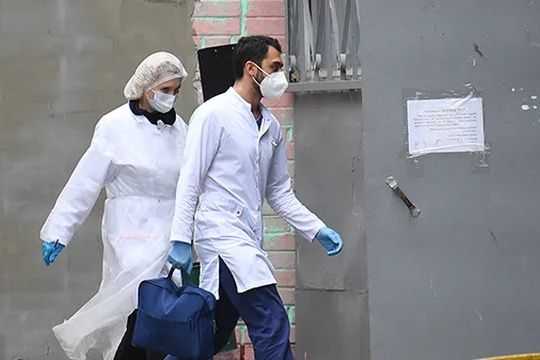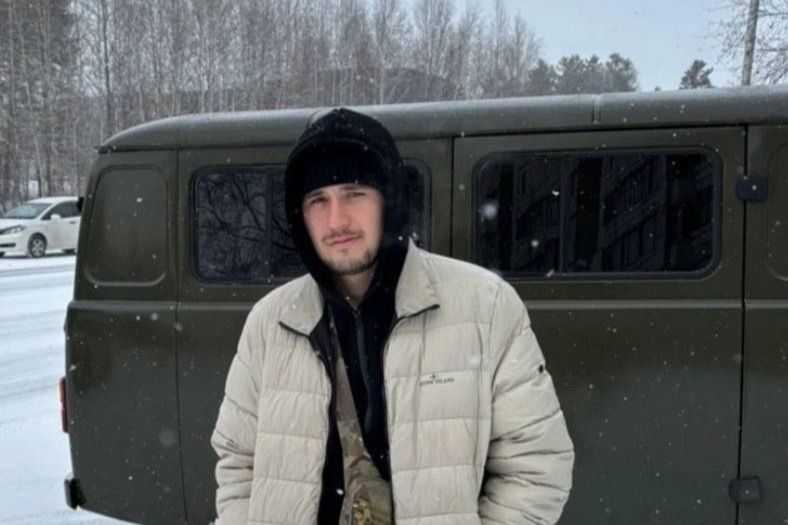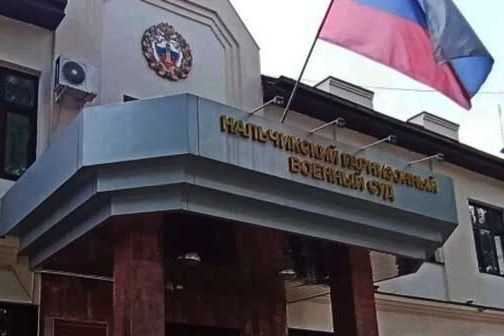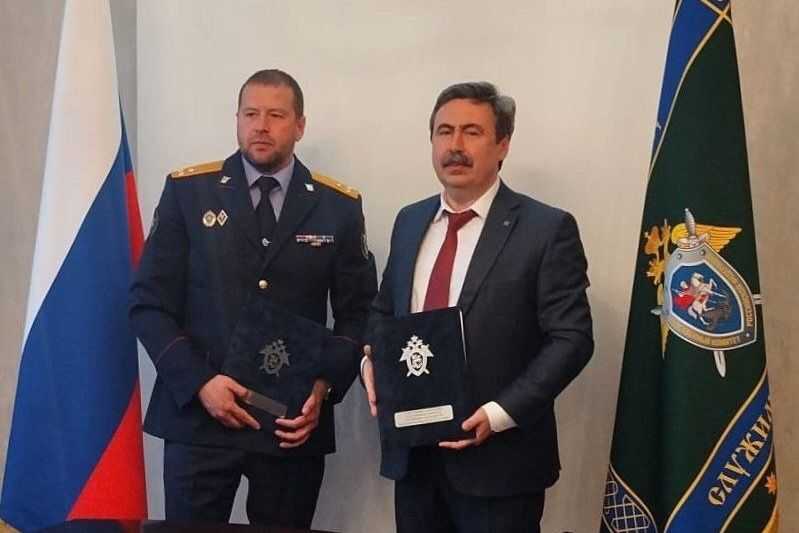
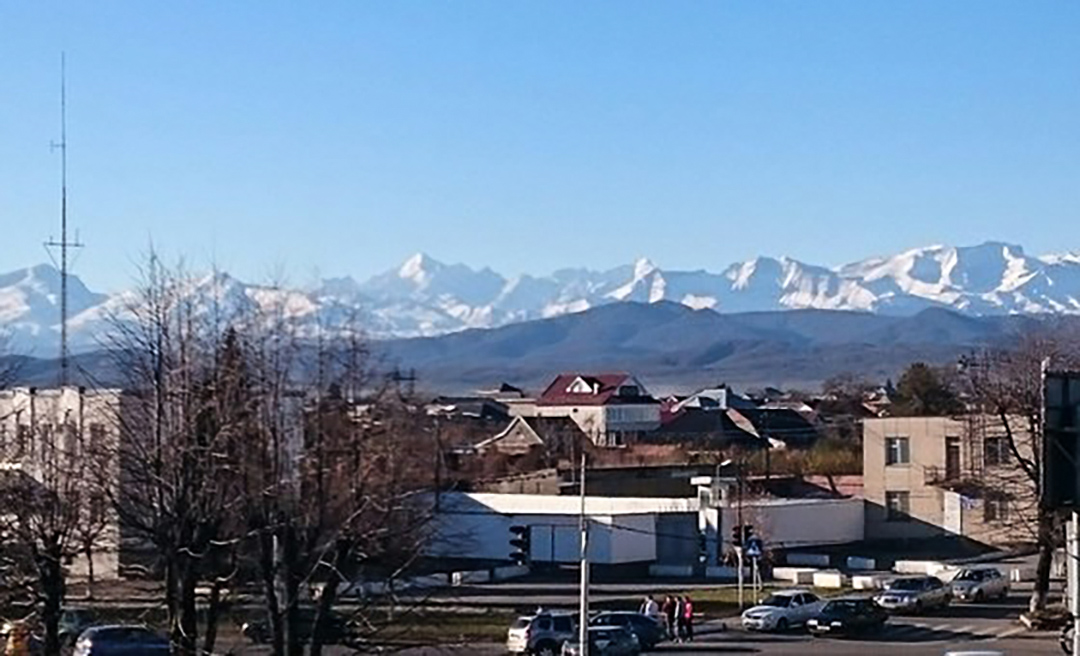
Two people have been killed by the security forces in a ‘counterterrorism operation’ in the Russian Republic of Kabardino-Balkaria. The two men, who the authorities said were members of the ‘radical Islamist underground’, were killed just 10 kilometres from the republic’s capital, Nalchik.
A counter-terrorist operation regime was in place in the town of Chegem on Wednesday.
This regime involves ‘conducting special measures aimed at suppressing a terrorist act’ and ‘minimising its consequences’.
According to Russian news agency Interfax, after being told to surrender, the two men ‘opened fire on law enforcement officers’ and were killed by return fire. No other injuries were reported.
The head of the Chegem District Administration, Arthur Tyekushev, told Caucasian Knot that the city remained calm during the operation.
Interfax cited Russia’s National Anti-Terrorism Committee as saying that the men were members of the Islamic State and had planned to carry out a terrorist attack in Kabardino-Balkaria.
‘A home-made explosive device, machine guns, and ammunition ready for use were found at the site of the shootout’, the committee reported on its VKontakte page.
A source in Kabardion-Balkaria’s law enforcement told OC Media that one of those killed during Wednesday’s special operation was a native of Daghestan.
He said that the operation involved officers from the FSB and the Centre for Combating Extremism, with local police officers cordoning off the area.
This was the second counter-terrorism operation conducted in Kabardino-Balkaria this year. The first took place in Nalchik on 27 February and left three suspects dead. According to the Federal Security Service (FSB), the men intended to carry out terrorist attacks in the republic, Caucasian Knot reported.
‘No attempt’ to counter radicalisation
Local human rights activist Valeriy Khatazhukov told OC Media that the security forces were avoiding engaging in the ‘painstaking work to pacify and socialise young people who lost their way’.
Khatazhukov is a member of the state Commission for the Adaptation of Militants to Peaceful Life in Kabardino–Balkaria.
‘Their actions are mainly aimed at catching or destroying extremists, and then reporting to their superiors about their “successfully completed work” ’, Khatazhukov said.
According to Khatazhukov, law enforcement bodies make no attempt to establish contact with relatives of alleged militants, and do not conduct any research into the true causes of the emergence of ‘extremist sentiments’.
Khatazhukov said that the Commission on the Adaptation of Militants was created only as a formality.
‘Residents of the republic receive only dry information, and, in most cases, post factum — that “[the militants] settled in, were surrounded, refused to surrender, and were destroyed”. That’s it’, he said.
According to him, the commission’s efforts to contact the families terror suspects and to work with them ‘are nullified by the security forces themselves’.
A ‘profitable business’
Independent lawyer Timur Kaziyev told OC Media that neutralising the threat of Islamist terror was ‘simply unprofitable for the leadership of the security forces’. According to him, ‘good money’ is allocated to participants in counterterrorism operations.
‘They get extraordinary ranks, promotions, and bonuses for this’, he added.
[Read on OC Media: The disappeared men in Daghestan’s ‘fake war on terror’]
According to Kaziyev, ‘a person can be put on a list of militants just to take away his successful business — the case of Ruslan Kasheshov can serve as an example’.
[Read on OC Media: Russian rights group accuses authorities of torturing businessman in Kabardino-Balkaria]
‘Why should they cut down the chicken that lays the golden eggs?’, he said.
Reporting to the local parliament in March, Igor Romashkin, the head of the Ministry of Internal Affairs of Kabardino-Balkaria, said that militant groups had been all but wiped out in the republic. ‘Since 2016, there has been no structured extremist underground in Kabardino-Balkaria […only] some manifestations [of it]’.
According to Romashkin, only 8 cases of financing terrorism were uncovered in Kabardino-Balkaria in 2018 and just 29 people were detained on suspicion of ‘terrorism and extremist activity’.
According to Caucasian Knot, there were three clashes between militants and the security forces in Kabardino-Balkaria in 2018. Five alleged militants and one member of the security forces were killed in these, they reported.



